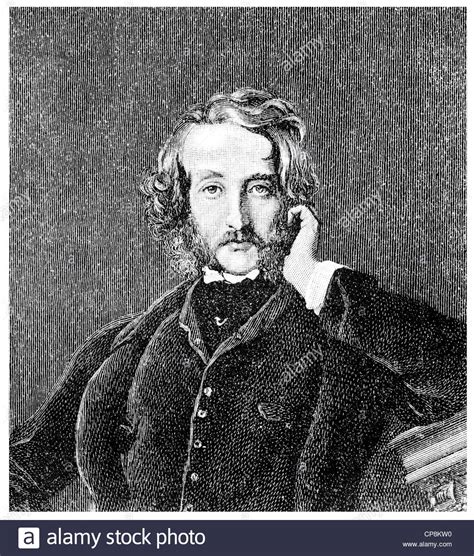A Quote by Edward Bulwer-Lytton, 1st Baron Lytton
The classic literature is always modern.
Quote Topics
Related Quotes
I've heard people ask, What's so sacred about a classic books that you can't change it for the modern child? Nothing is sacred about a classic. What makes a classic is the life that has accrued to it from generation after generation of children. Children give life to these books. Some books which you could hardly bear to read are, for children, classic.
Christ and the life of Christ is at this moment inspiring the literature of the world as never before, and raising it up a witness against waste and want and war. It may confess Him, as in Tolstoi's work it does, or it may deny Him, but it cannot exclude Him; and in the degree that it ignores His spirit, modern literature is artistically inferior. In other words, all good literature is now Christmas literature.
The great British Library --an immense collection of volumes of all ages and languages, many of which are now forgotten, and most of which are seldom read: one of these sequestered pools of obsolete literature to which modern authors repair, and draw buckets full of classic lore, or pure English, undefiled wherewith to swell their own scanty rills of thought.
I figured if I write a modern thriller but spliced in the DNA of a classic western - the drifter who comes into town with secrets - I could do something interesting with both genres. Westerns are also an incarnation of the classic knight errant tale, the lone warrior with a moral code, and I love those types of stories.
We do hear perhaps too many accolades generally aimed at people like Steve Jobs. We have to remember that there are other classic things in life that we undervalue and take them for granted. If you think of the classic lines of the modern jet aircraft, it's really been there since early World War II.






































